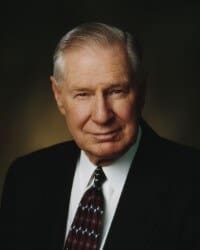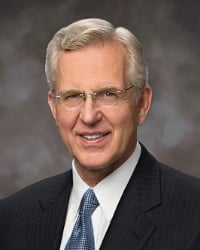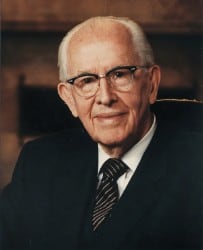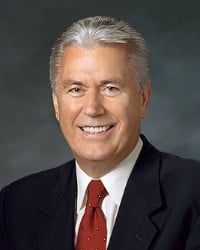
“What is the central characteristic of those having only five loaves and two fishes? What makes it possible, under the Master’s touch, for them to serve, lift, and bless so that they touch for good the lives of hundreds, even thousands? After a lifetime of dealing in the affairs of men and women, I believe it is the ability to overcome personal ego and pride – both are enemies to the full enjoyment of the Spirit of God and walking humbly before him. The ego interferes with husbands and wives asking each other for forgiveness. It prevents the enjoyment of the full sweetness of a higher love. The ego often prevents parents and children from fully understanding each other. The ego enlarges our feelings of self-importance and worth. It blinds us to reality. Pride keeps us from confessing our sins and shortcomings to the Lord and working out our repentance.”
| Ensign, May 1994, p. 6



